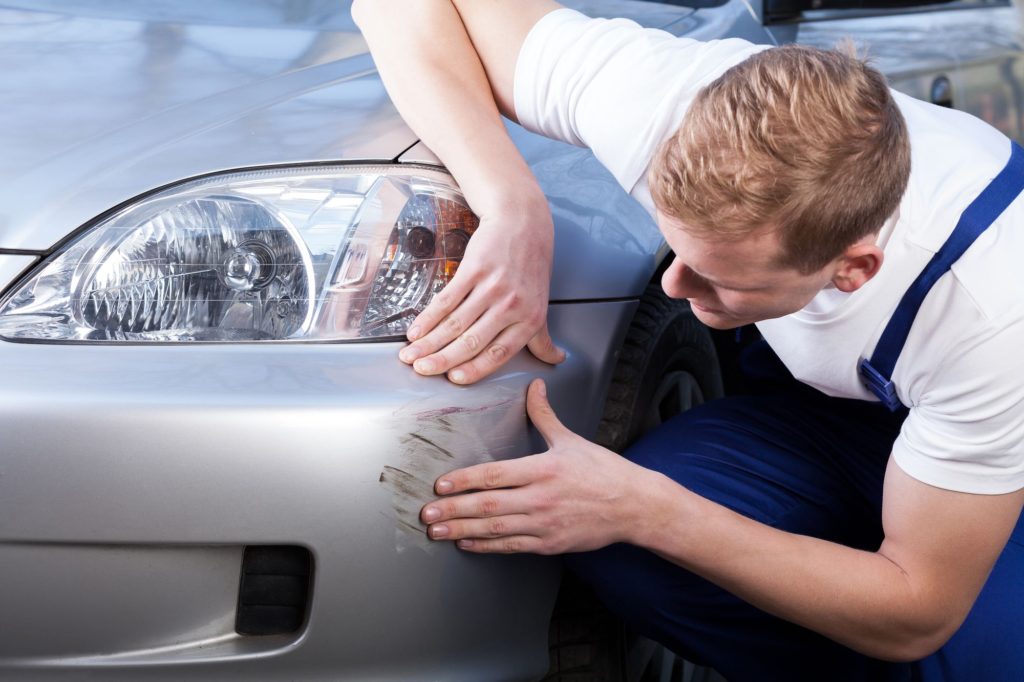You are proud of your car as the owner of it. Nevertheless, even though you are extra vigilant, scratches and oxidation do manifest. The appearance is not the only negative element of these imperfections; they can also result in more harm if not treated. Luckily enough, there are varieties of compounds that can successfully take them off, bring back the shine of your car, and save its surface. This article will help you discover the varieties of compounds and suggest how to choose the best one for your individual requirements.
Compounds of Residential Usage for Scratch and Oxide Removal
The three main categories of compounds used for removing deep scratches and oxidation serve different roles in the process of restoration.

Rubbing Compounds
The rubbing compounds are the most aggressive type of compounds and are formulated for correcting deep scratches, heavy oxidation, and paint defects. They have bigger abrasive particles that help in fast leveling of the surface, but they also produce some minor scratches. Usually, these compounds are used at the beginning of the restoration.
Polishing Compounds
Polishing compounds are milder than rubbing compounds and are used to finish the surface after the rubbing compound has been used. They have smaller abrasive particles that polish the scratches and oxidation on a paint surface to acquire a greater level of smoothness before finishing compounds are applied.
Finishing Compounds
Fines compound, also called glazes, is the least abrasive of the three. They are applied as a last step to improve the gloss and coat the surface. The older cars with dull and oxidized paint regain their lustre by finishing compounds.
Selecting the Suitable Compound for Your Particular Requirements
For scratch and oxidation removal, severity of scratches and oxidation, type of paint on your car and the available tools are what you will have to take into consideration. For light to moderate scratches and oxidation, mild abrasive compound, such as finishing or polishing compounds, is enough because they are filled with fine abrasives that will smoothly erase imperfections without furthering the damage. They are perfect for modern vehicles that have clear coats and only slight surface defects. Alternatively, when deep scratches and heavy oxidation are present on your car, you will need a more abrasive compound that can successfully flatten the surface and eliminate the hard imperfections.
It should also be noted that the efficiency of compounds depends on the brand and formulation used. In most cases, it is more advisable to buy high-quality car polishing products than generic ones. Also, consider doing a small test on a hidden part of your car to test the performance and side effects of the substance.
Precautionary Measures and Safety Rules when Working with Compounds
Compounds need to be handled carefully, while safety instructions should be followed to avoid harm to you or your vehicle. Here are some precautions and safety tips to keep in mind:Here are some precautions and safety tips to keep in mind:
● Wear safety glasses, gloves, and a respirator when starting the restoration.
● Various compounds may give rise to fumes that can be dangerous to inhale. Thus, you should operate in a properly ventilated place, like an open garage, or outside, to limit the fume inhalation.
● Begin by applying the compound to a small section at a time to get the perfect coverage and prevent the compound from drying before you can manipulate it into the surface.
Which applicator pad or buffer is the best fit for the type of compound are you using? Various compositions may need varied instruments for perfect application and performance.
At What Point Should You Visit a Specialist?
Although the task of removing deep scratches and oxidation could be a very rewarding task for a DIY devotee, there is a right time to let professionals do the job. Here are some situations where it is advisable to seek a professional’s help:The following are scenarios in which it is recommended to seek the assistance of a professional:
● Your car will need some special tools as well as professional assistance since the scratches are so deep, there are deep paint defects, and there is heavy oxidation.
● It is recommended that the task be delegated to a professional under the given conditions, particularly if you are inexperienced in working with compounds or unsure of what proper techniques should be used.
● It can take a lot of time to restore heavy scratches and oxidation, especially if you are limited by time or have other priorities.
● Lack of tools and equipment can pose challenges to professional-level results.
● For luxury or classic car owners, the value of the car is very important. Professional scratch and oxidation elimination services will maintain the nature and quality of your vehicle’s paintwork, thus ensuring its long-term worth. Consider that seeking professional help does not mean that you are incompetent but rather a willingness for the most favorable result for you and the car.



